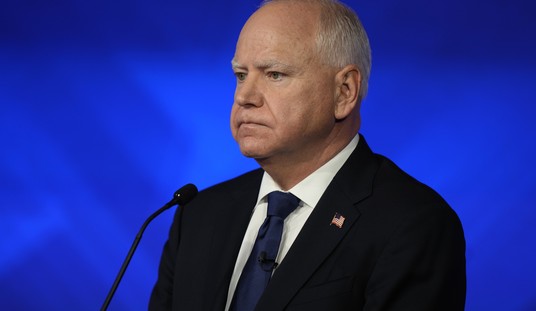In December 2018, Trump gave the United States energy independence for the first time in over 70 years. On Monday, he recognized the need to expand upon that legacy by protecting the American energy industry from the Renewable Fuel Standard’s (RFS) unintended consequences.
During an October 21 cabinet meeting, Trump expressed his support for issuing more Small Refinery Exemptions (SREs)—a policy that relieves small energy businesses from the crushing weight of this massive government regulation. Trump’s sentiments are absolutely on point, as without adequate SRE’s the viability of local refineries is at serious risk.
The president’s laudable embrace of sound policy came on the heels of a separate announcement that his administration and the EPA had reached an agreement to expand the RFS. RFS is the law that requires all transportation fuels sold in the U.S. to contain a minimum level of renewable fuels, by increasing the ethanol and biodiesel production.
The EPA’s plan, which has been touted as a massive victory for American farmers, seeks to expand annual Renewable Volume Obligations (RVO) — effectively bolstering market demand for renewable fuel. Some argue that these changes will help the president’s farmer base; however, based on the president’s Monday comments, it’s clear that he recognizes that, if it’s left unchecked, the policy will threaten the American energy sector’s long-term viability.
The RFS mandate is legally considered satisfied when the refined fuel holds 10-percent ethanol. With that 10-percent, a Renewable Identification Number (RIN) is assigned to the blended gallons, which identifies the fuel as satisfying the mandate.
Recommended
But most small and medium-sized refiners do not even have the facilities to blend ethanol into their refined gasoline. Consequently, to comply with the law, they must go into the market and buy extra RINs credits earned by their larger competitors who produced more than their share of the government-mandated renewable quota, or else purchase renewable blends from other countries overseas just to receive RINs credits for the fuel.
The EPA’s Oct. 14 expansion of renewable fuel levels will increase production requirements for renewable fuel, increasing the demand for RINs in the process. This will incentivize Wall Street and other international speculators to buy RINs, further bidding up their price.
Small refineries, struggling to make ends meet under the current RFS system, would have been absolutely devastated by the new agreement without Trump’s newly-suggested change
Luckily, the president has provided a workable solution in the form of issuing more SREs. These small refinery exemptions, also known as hardship waivers, allow struggling firms a respite from harmful government mandates. SREs preserve market competition within the energy industry by providing survivable operating conditions for local and independent businesses.
Effectively, these waivers allow small refineries to cope with the higher renewable fuel volume mandate by relieving them from some of the requirements imposed on larger firms. This policy makes sense, as larger firms actually have the capability to blend their own fuel, while the small and independent refineries are beholden to purchasing their speculative RINs credits to comply with the law. It will help to ensure that America does not regain its reliance on foreign energy markets, prioritizing exports over imports, to comply with the RFS.
Despite the recent negativity they’ve received from ethanol lobbyists, SREs were always an essential part of the RFS creators’ original plan. And while it’s fantastic that President Trump has embraced the waivers, it will take more than that to eliminate the negative effects imposed by the higher RVOs released by the EPA. Moving forward, the president should look to reduce speculation of RINs as well.
By instituting a cap on RINs prices, the Trump administration would ensure that market competition within the energy industry is secure. A cap would limit the excessive volatility and cost of these biofuel credits. As a consequence, local refineries’ profitability would not be subject to the whims of government regulation, Big Oil, or Wall Street speculators. With a steady, consistent price for RINs, small businesses within the energy industry would be able to thrive.
If the planned expansion of the RVOs must move forward, then it is essential the refinery industry isn’t saddled with the RFS’s regulatory baggage. While President Trump should be applauded for his plan to expand SREs, there is still more to be done. To maintain stability within the energy industry and retain U.S. energy dominance, small refineries must be protected from the ever-expanding RFS program—and to do that, a RINs cap (similar to what the president reportedly agreed to at one time last year) must be instituted. Indeed, to maintain Trump’s promise of energy independence, there is still work to be done.
























Join the conversation as a VIP Member